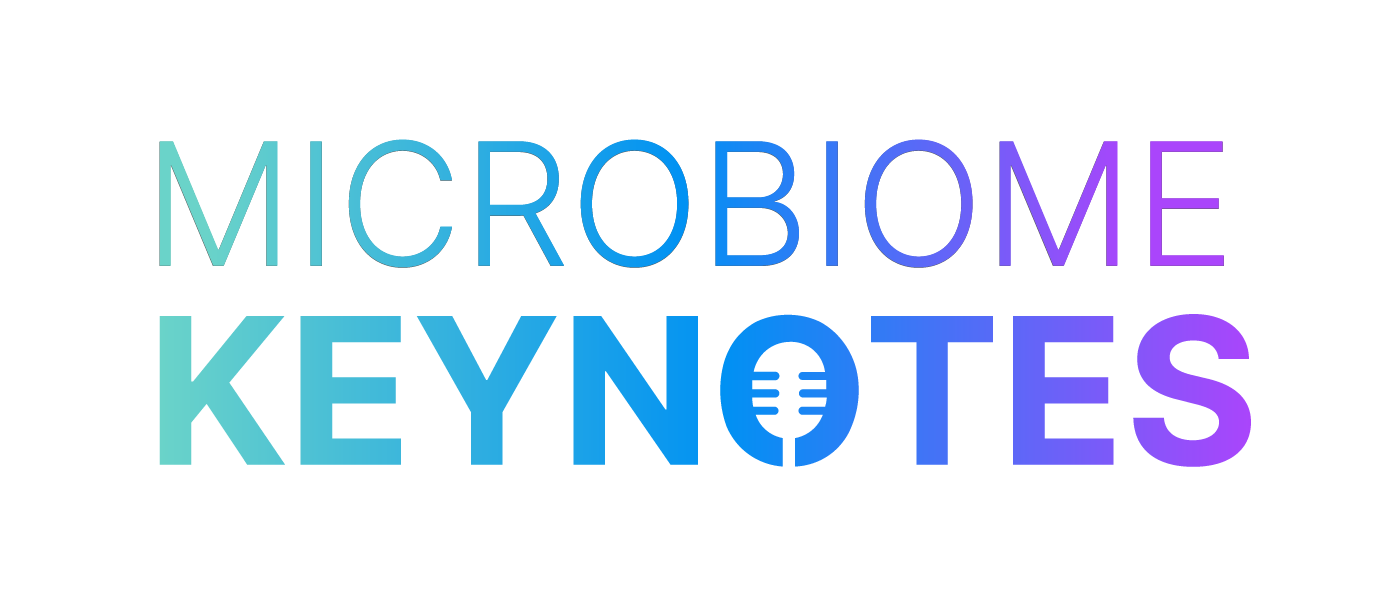Dr. Jens Walter, Dr, Rer, Nat
Microbiome restoration and Limosilactobacillus reuteri
There is now substantial evidence that industrialization has resulted in both an increase of chronic diseases and a decrease in the bacterial diversity of the gut microbiota. Our own work has confirmed the overall premise of ‘microbiome depletion’ by demonstrating higher diversity in the fecal microbiota of individuals from rural tribes in Papua New Guinea. One species detectable in every Papua New Guinean individual by 16S rRNA gene sequencing but not in a single US control was Limosilactobacillus reuteri (formerly Lactobacillus reuteri). Interestingly, this species was regularly detected in humans in studies conducted around 1960 but is very rarely found in contemporary humans, suggesting a recent decline of the L. reuteri population in Westerners. Most importantly, L. reuteri shares a long evolutionary history with some vertebrate species and exerts substantial benefits towards host immune functions and development in animal models of chronic disease. In this presentation I will discuss how industrialization is implicated in chronic disease etiology and the concept of microbiome restoration to redress this development. I will further discuss the role of diet and the re-introduction of lost bacterial species, such as Limosilactobacillus reuteri, in this effort. Given the links of industrialization with chronic disease, redressing lifestyle-induced microbiome depletion has tremendous therapeutic potential.
Get To Know Dr. Walter
ABOUT DR. WALTER
Dr. Walter serves as the Professor of Ecology, Food, and the Microbiome at Unviersity College Cork and the APC Microbiome Ireland. He has more than 20 years’ experience in gut microbiome research. Dr. Walter’s expertise lies at the interface of evolutionary ecology of the gut microbiome and human nutrition. More specifically, his research focuses on the evolutionary and ecological processes that have shaped the host-microbiome interrelationship and the translation of basic microbiome science into therapeutic and nutritional strategies. Dr. Walter and his collaborators have pioneered the application of ecological theory to elucidate factors (such as host genetics, colonization history, dispersal, diet) that shape gut microbiomes, and have achieved targeted and systematic modulations of microbiomes via diet and live microbes. His team has further used a combination of phylogenomics and animal experiments to elucidate the evolution and ecology of intestinal lactobacilli.
Prof. Walter has published >130 peer-reviewed publications (google scholar H-index 65, >18,500 citations) and is a ‘highly cited researcher’ according to the Web of Science group. His research has been featured on several journal covers (Cell Reports, Cell Host and Microbe, Applied and Environmental Microbiology), in hundreds of news outlets worldwide, and on six occasions in the research highlights of Nature and Nature Reviews journals. Dr. Walter has participated in several invitation-only workshops and think-tanks of the NIH, CIFAR (Canadian-based global organization that convenes extraordinary minds to address the most important questions facing science and humanity; https://www.cifar.ca/) and ILSI to discuss imminent issues of the microbiome field. He has led several provocative science commentaries with other opinion leaders that inter alia challenged current paradigms in the microbiome field that required critical assessment, such as the exaggeration of causal claims (Cell, 2020, 180:221-232), the definition of prebiotics (Nat Rev Gastroenterol Hepatol. 2015, 12:303-10), use of ‘human microbiota-associated mice’ (Cell Host and Microbe 2016, 19:575-578), and the ‘prenatal in utero microbiome’ (Microbiome 2017, 5(1):48).
Q&A
Statement/paragraph of why you are passionate about studying the microbiome and/or what motivated you to begin studying microbiome therapeutics:
My main interest in the gut microbiome is because it constitutes a central component of human biology. As humans, we have as many microbial cells associated with our body as human cells, and these microbial communities have evolved with us for millions of years. The result of this evolutionary process is that the microbiome makes essential contribution to our health and well-being. To understand how lifestyle factors, nutrition, and therapeutic and clinical practices impact human health, and to improve or design dietary and therapeutic strategies, one must consider their interplay with the gut microbiota.

